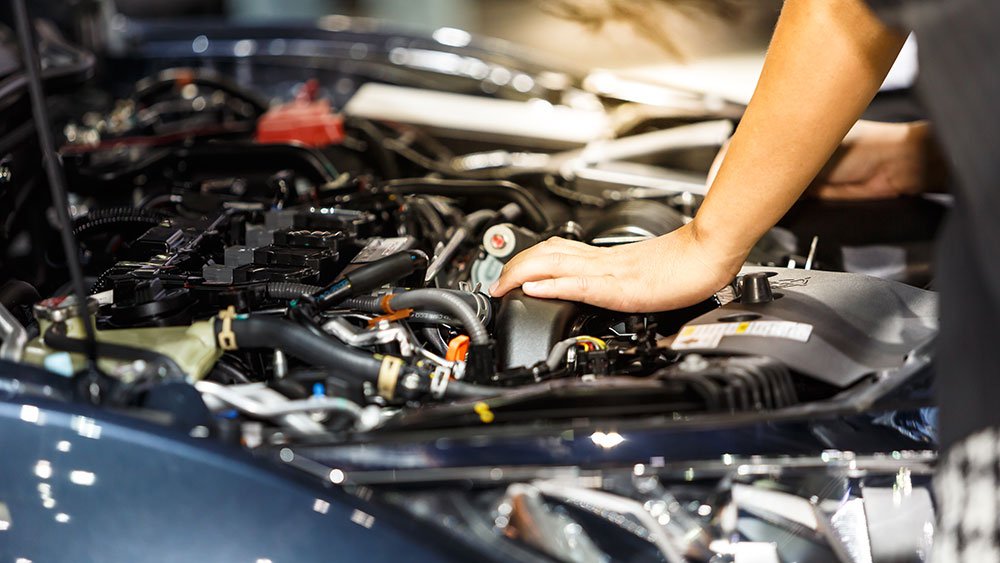Performing some auto repairs at home can save you cash, but only if you know what you’re doing.
While there are many things that can be fixed or repaired by an individual willing to do the proper research and follow instructions, there are still many safety factors that should be taken into account.
The following information is offered to help in avoiding auto repair dangers. Some may seem like common sense, but still should warrant your attention. We don’t want to see you injure yourself or others.
The most important piece of advice is NEVER start in on a repair that you are not completely comfortable performing. If you are unsure about any repair, always find a competent mechanic to complete the work for you. It is better to pay a professional than to attempt a repair by yourself and end up creating a bigger problem or further damage. Many of the systems on your vehicle are quite complex. Repairs will sometimes require significant skill and expertise, in addition to special tools and equipment an individual may not own. A simple little mistake could ultimately ruin costly electronic components. NEVER take on a task that is beyond your abilities.
Another important factor to consider is your own physical limitations. Replacing or repairing some components could require very heavy lifting, crawling beneath your vehicle, laying and working in uncomfortable and awkward positions, as well as extensive reaching, bending, twisting, pulling, straining and other strenuous activities you may not be used to doing. Use your common sense with these things. If you have back trouble, experience joint problems or generally lack the physical strength to properly do something, then DIY home auto repair is not going to work well for you. It is as important that you do not injure yourself as it is you do not accidentally cause further damage the auto you’re working on. Sometimes a reputable auto repair shop is the answer.
Auto repairs need your attention. DO NOT attempt to perform maintenance or auto repairs if you are not at your best. If you are tired, feeling poorly, tipsy or intoxicated, taking medication or otherwise impaired in any way, do not work on the car. Any of these factors can affect your judgment and potentially create a serious injury or error.
Other Tips to Keep in Mind:
NEVER smoke while you are working on ANY fuel related components. This included the fuel filter, your carburetor, fuel pump, fuel injectors, gas tank or even the fuel lines.
Keep a fire extinguisher near in case any accidents should occur. You should also make sure that your fire extinguisher has a \”B\” (for use with liquids & grease fires) and \”C\” (for use in electrical fires) rating. While most households keep a fire extinguisher inside somewhere, you should make sure that you have one near where you are working on your automobile.
NEVER smoke or get sparks anywhere near the battery! Your automobile battery contains hydrogen gas which is very volatile. If you are jump starting the battery, always make the final jumper connection to the engine or chassis. Sparks near the car battery can cause an explosion!
Be sure to check back for our next Columbia SC Auto Repair Pro blog installment on more safety advice for DIY auto repairs. Sanford’s wants to keep you informed, up to date, and SAFELY on the road! To schedule an appointment or ask questions, contact us today for all of your auto repair needs!

